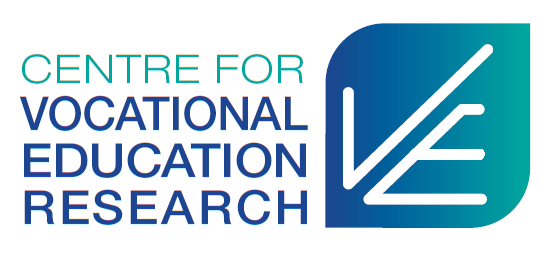Christopher Jepsen, with Peter Mueser and Kyung-Seong Jeon, looks at the labor-market returns to U.S. proprietary schooling (often known as for-profit schooling)
Researchers are increasingly able to estimate the long-term wage returns to education using administrative data. This research reports findings from the US that were presented at the CVER seminar series in 2015 and have recently been published in a discussion paper (Jepsen et al. 2016).
In recent years, U.S. states have drastically reduced funding for education, and public community colleges and universities are particularly hard hit (Phelan, 2014). Proprietary schools (also known as for-profit schools) have been growing dramatically over the last decade, filling a gap in demand for postsecondary education, particularly for low-income and nonwhite individuals. The vast majority of students in this sector pursue vocational qualifications such as certificates and associate’s degrees in areas of study including health, transportation, and trades (i.e. construction, etc.).
Guglielmo Ventura, CVER researcher, gives an account of the Centre's first annual conference
I
n early September, LSE hosted the first annual conference of the Centre for Vocational Education Research (CVER). This event proved to be a great opportunity to share insights from research on the economics of vocational education. Numerous researchers from the field came together to present evidence on how vocational education works in different countries and how it can be improved.


